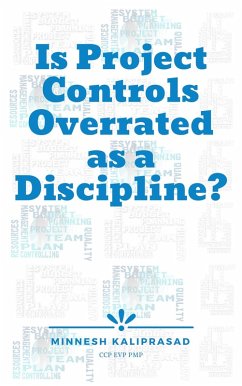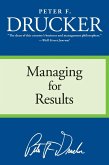Despite 73% of the Guide to the Project Management Body of Knowledge Sixth Edition, project management processes being either pre-cursors to control activities or direct control related activities, the success rate of projects nowadays is not very encouraging, leading one to asking the question as to whether the discipline of project controls is perhaps overrated. Project controls is responsible for providing an integrated and effective project controls system. The outputs, usually reports, are only as good as the decisions that follow, after these outputs have been adequately communicated to all relevant project stakeholders. If the communication is not done in a timely manner, the entire success of the project can be compromised. According to a PMI study, poor or substandard communications accounts for more than half of the money at risk on any given project, thereby indicating a critical need for organizations to address deficiencies in its communication processes. Ineffective communications were reported to be the primary contributor to project failure, one third of the time. Put very simply, we have a very poor rate of construction project success. The success rate for projects in other industries is not too dissimilar. The question therefore is, is the discipline of project controls perhaps overrated? After all, the control processes are well known, yet we still do not have nearly as many successful projects as we would like to. Perhaps we should be looking at other "avenues" to steer projects to success rather than relying on conventional project management "control" processes, seeing that they are clearly not providing the desired results.
Dieser Download kann aus rechtlichen Gründen nur mit Rechnungsadresse in A, B, CY, CZ, D, DK, EW, E, FIN, F, GR, H, IRL, I, LT, L, LR, M, NL, PL, P, R, S, SLO, SK ausgeliefert werden.









